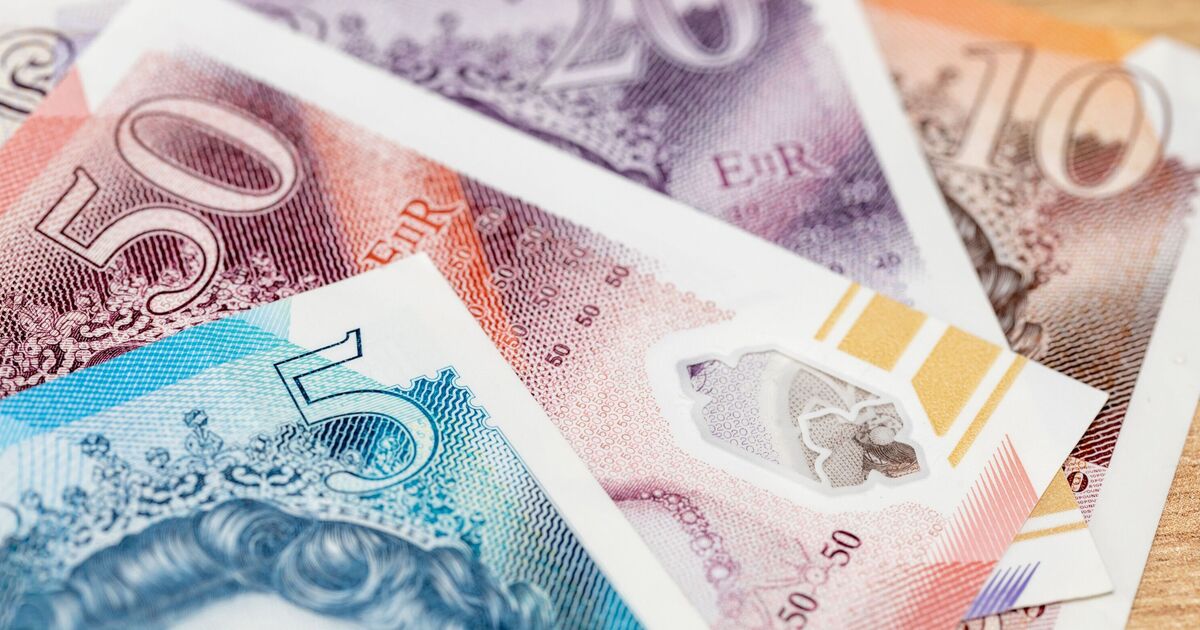Thousands of households across the UK will benefit from a boost to their finances this month as several winter payments and money changes take effect.
The Budget announcement this week confirmed a welcome increase in benefits and state pensions, as well as a pay rise for minimum wage workers from next April.
The government has pledged to “drive up opportunity and drive down poverty” across the UK, despite announcing £40 billion a year in extra taxes. This includes hikes to employer’s national insurance contributions, increased capital gains tax, and changes to inheritance tax.
But Chancellor Rachel Reeves promised that Labour will “protect working people”, with millions set to benefit from the reforms to boost work and tackle poverty.
Some of the changes announced in the Budget will take effect from this month, while November will also see the rollout of several winter payments.
Here’s a list of six key money changes and payments happening this month and what it means for your finances.
Winter Fuel Payment – £300
If you live in England or Wales and were born before September 23, 1958, you could get either £200 or £300 to help pay your heating bills this winter. You must also have been claiming one of the following benefits in the qualifying week of September 16 to 22, 2024:
Most payments are made automatically in November or December. If you’re eligible you’ll get a letter from the DWP telling you how much you’ll get and which bank account it will be paid into, which is usually the same account as your Pension Credit or other benefits.
If you don’t get a letter or the money has not been paid into your account by January 29, 2025, contact the Winter Fuel Payment Centre.
Warm Home Discount – £150
A one-off £150 discount may be applied to your electricity bill this winter if you are eligible for the Warm Home Discount Scheme.
If you qualify, your electricity supplier will automatically apply the discount to your bill between early October 2023 and March 31, 2025.
Cold Weather Payment – £25
Thousands of households can get a free £25 handout from the DWP this winter as part of its Cold Weather Payment scheme.
You’ll be given a payment if the average temperature in your area is recorded as, or forecast to be, 0C or below over seven consecutive days this winter.
The DWP will issue the cash after each period of cold weather, with households due to receive it within 14 working days. You’ll get £25 for each seven day period of very cold weather between November 1, 2024 and March 31, 2025.
Stamp Duty
Second-home buyers will face a stamp duty land tax surcharge rise of two percentage points – to 5% – starting from October 31.
Reeves said: “In our manifesto, we committed to reforming stamp duty land tax to raise revenue while supporting those buying their first home.
“We are increasing the stamp-duty land tax surcharge for second-homes known as the “Higher Rate for Additional Dwellings” by 2 percentage points, to 5%, which will come into effect from tomorrow.
“This will support over 130,000 additional transactions from people buying their first home, or moving home over, the next five years.”
DWP benefits payments
The following benefits will all be paid by the Department for Work and Pensions (DWP) on the normal date in November:
Universal Credit – paid every month
Pension Credit – usually paid every four weeks
Disability Living Allowance – usually paid every four weeks
Personal Independence Payment -usually paid every four weeks
Attendance Allowance – paid every four weeks
Carer’s Allowance – paid weekly in advance or every four weeks
Employment Support Allowance – usually paid every two weeks
Income Support – usually paid every two weeks
Jobseeker’s Allowance – usually paid every two weeks
Maternity Allowance – paid every two or four weeks
Child Benefit – usually paid every four weeks, or weekly if you’re a single parents or you or your partner get certain benefits
Tax Credits – paid every four weeks or weekly
Benefits are usually paid straight into your bank, building society or credit union account. If your payment date is on a weekend or a bank holiday you’ll usually be paid on the working day before.
State Pension payments
Your State Pension is usually paid directly into your bank account every four weeks, with the day you receive your payment depending on the last two digits of your National Insurance number. This is how National Insurance numbers correspond to payment days:
00 to 19 – paid on Monday
20 to 39 – paid on Tuesday
40 to 59 – paid on Wednesday
60 to 79 – paid on Thursday
80 to 99 – paid on Friday
Checkout latest world news below links :
World News || Latest News || U.S. News
The post 6 key DWP money changes and payments in November as households given extra £475 appeared first on WorldNewsEra.

